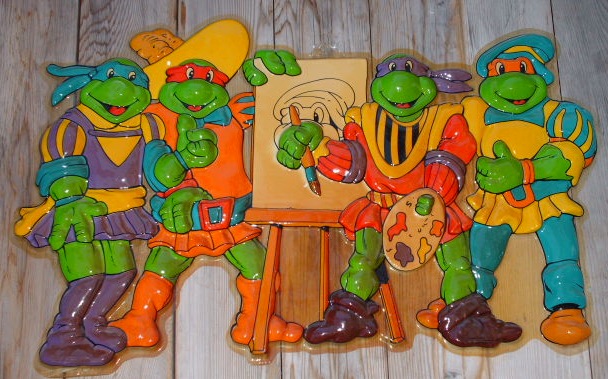photo by Sandra Dodd



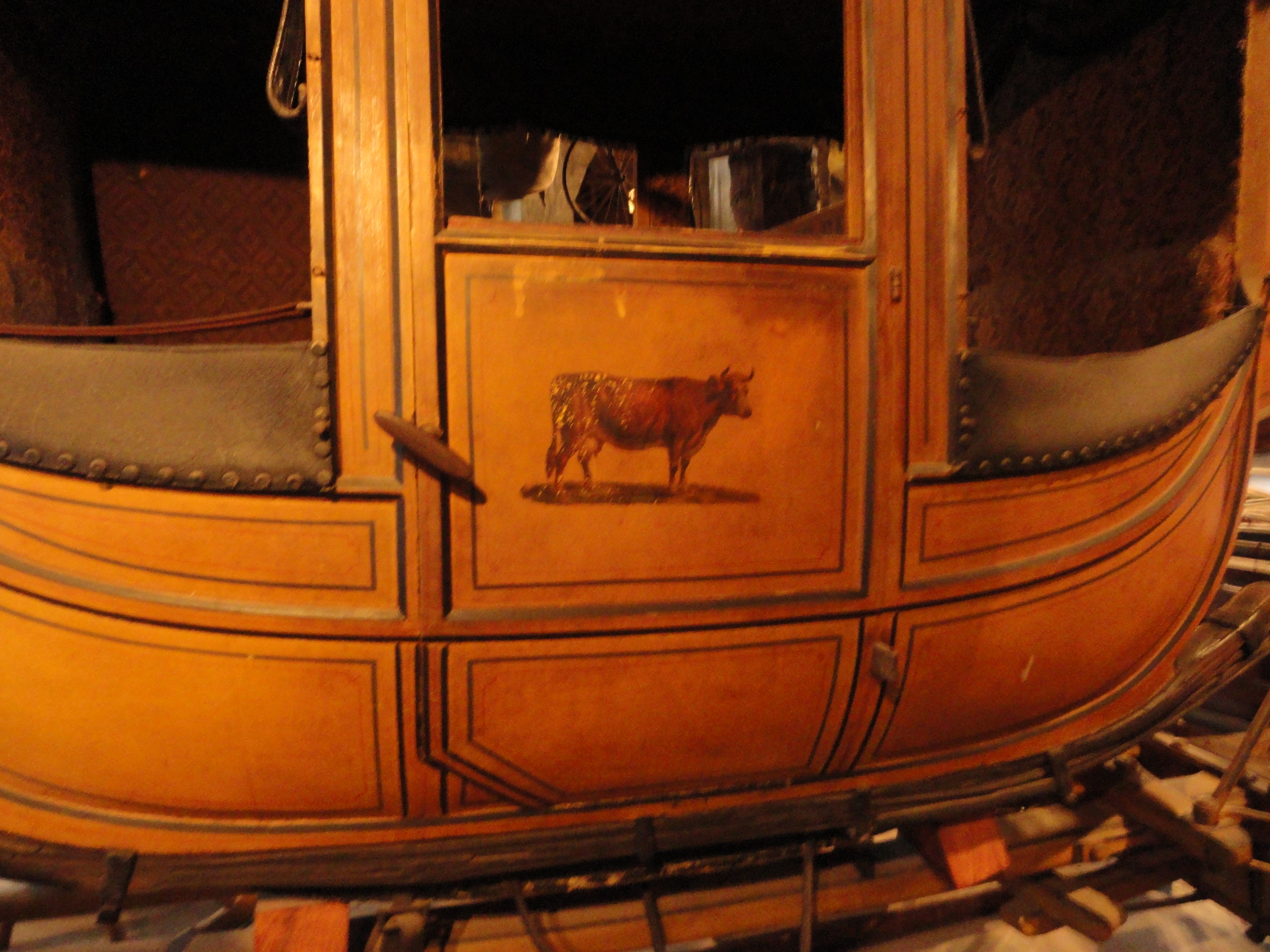

Studies are now popping up suggesting laughter makes our brains work better, reduces stress and helps sick people get well...
I don't think humor will guarantee my kid will have a better life, but I know it won't hurt him. If all it does is leave him with happy memories of his childhood and parents, I'll count it among our most useful tools."
If you're not really generous with them, they won't be likely to be really generous with you.That mom responded:
I know this is true, but a lot of times it feels like I'm expected to have an unending supply of generosity, goodwill and good humor.Me/Sandra:
I think that should be your goal. If you're willing to not have help, then any help you have is more likely to be seen as a gift instead of not enough.Joyce Fetteroll:
If our children help, we should treat it as a generous gift. (And the more we treat it as a generous gift, the more often they're likely to give.)


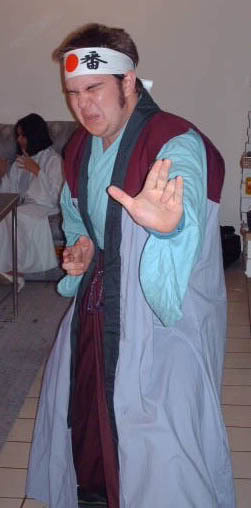

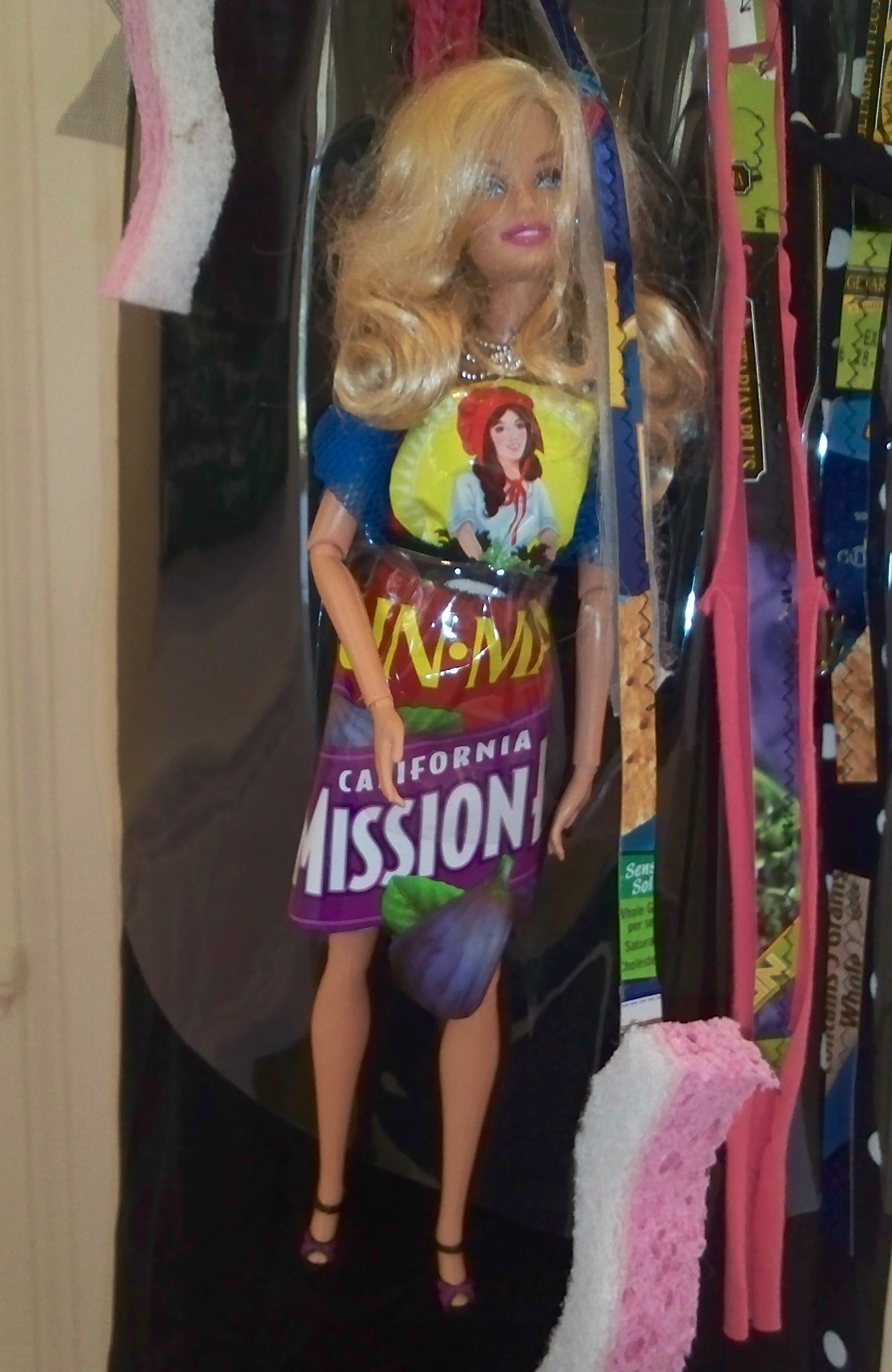





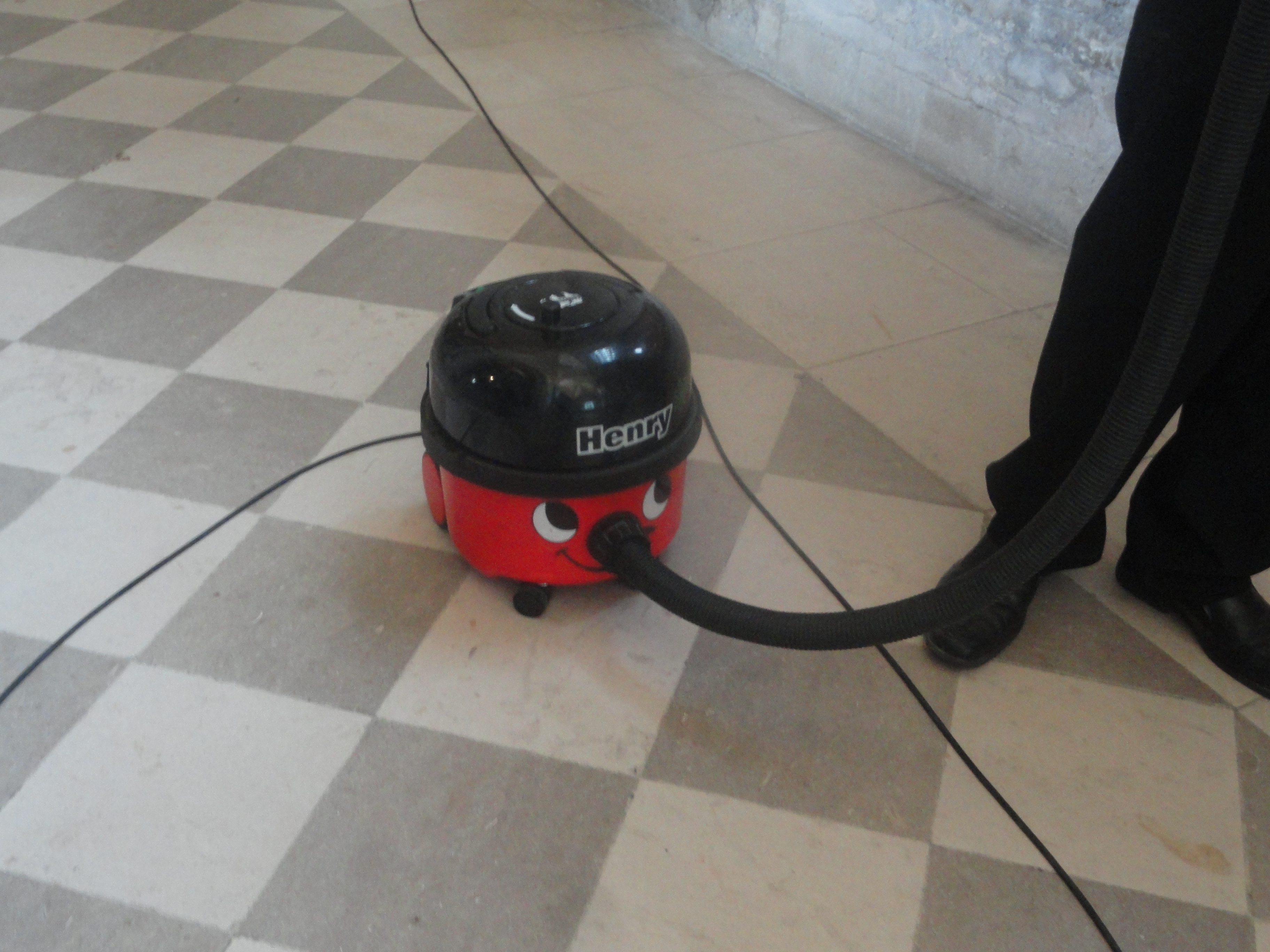
Studies are now popping up suggesting laughter makes our brains work better, reduces stress and helps sick people get well...
I don't think humor will guarantee my kid will have a better life, but I know it won't hurt him. If all it does is leave him with happy memories of his childhood and parents, I'll count it among our most useful tools."
There was no reason for me to say, "That's wrong." I would have spoiled their fun if I had. I didn't say a word. I knew enough already, because I had this information:







